Tooth removal is something that’s irreversible, although the implants that replace them can last decades and come with their own set of advantages and disadvantages. A costly procedure that requires careful consideration, dental implants are worth considering only when restorative dental treatment would leave teeth so damaged as to be unusable. Here’s what to take into account.
Should I Save My Natural Tooth or Get a Dental Implant?
There are pros and cons to each option. Saving your natural tooth means that you’ll have a tooth that functions just like a natural tooth, with chewing, biting, and all other forms of chewing. While the natural tooth won’t be as strong as it was prior to the infection or injury, the strength can be improved if you get a bridge, crown, or denture.
On the other hand, implants are not as strong as natural teeth, but they’ll also not be as sensitive. Implants also have the benefit of being fixed to the jaw, so they’re less likely to move out of place or detach.
When It’s Smart to Save the Natural Tooth
There are certain scenarios where it’s best to save your natural teeth, even if they’re in pretty bad shape. There’s a very good chance that you’ll have to have your natural tooth removed in the future. If you don’t need to get a dental implant immediately, it’s worth considering saving your natural tooth.
It’s also worth considering saving your natural tooth if you’re looking to enhance your appearance. This can be the case if you’re in your twenties or early thirties since your appearance will still be something that you’re conscious of.
When It’s Best to Consider Getting a Dental Implant
If you want to avoid having to get a bridge, denture, or crown, then replacement with dental implants is a viable option. You can also get a dental implant if you want something that’s going to last you for at least two decades.
But perhaps the biggest reason to consider dental implants is if you want something that’s going to make your smile look as natural as possible. Dental implants are not only a tooth replacement option, but they also serve as an alternative to removable dentures. Since implants look remarkably natural, a bridge or denture can often be avoided.
Dental Implant Aftercare
Dental implants are an investment, one that’s intended to benefit you for years. In order to make sure that you get the most out of your dental implants and ensure the long-term success of your implant, it’s important to practice good care.
Keep in mind that you’ll probably want to take special care of your implants like you would any other part of your mouth. Brush your teeth twice a day and floss to ensure your implants last as long as they can.
Don’t forget to follow any recommended procedures. You might need to come back in for regular checkups, and remember to schedule appointments with your dentist to make sure the implants are in good health.
Conclusion
Removal of one or more natural teeth does not mean that replacing them with dental implants is the only solution. After all, implants are a costly option, and not everyone will be able to afford them. Just as it’s wise not to get a dental implant unless your natural tooth has been damaged to the point where it would not last more than a few years, it’s wise not to get a dental implant unless you plan on taking good care of it.
Be sure to speak with your dentist about the best way to replace a tooth. Remember that the cost of implants can be expensive, so be sure to do a lot of research to ensure that you’re making the best decision.
If you are looking for a Chelmsford dental office, come to Chelmsford Dental Specialists Group. We are dedicated and committed to helping patients improve and maintain their oral health.



